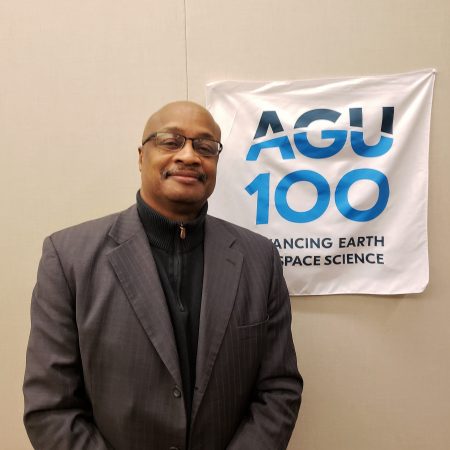Refine
Date Range Clear
Recorded by Clear
Keywords Clear
Partnerships Clear
Organizations Clear
Places Clear
Languages Clear
Initiatives Clear
Chris Hain from the Short-term Prediction Research and Transition Center helps turn NASA data into information that non-scientists can use. One of his big projects is monitoring plant stress from space, which can give farmers a 2-4 week early warning...
Gail Skofronick-Jackson, Program Manager at NASA Headquarters, Science Mission Directorate, knows more about snow than most Tallahassee, Fla. residents. In fact, it may be safe to say that the program manager at NASA Headquarters knows more about snow than most...
Nina Fefferman is a professor at the University of Tennessee in Knoxville in the departments of Mathematics and Ecology & Evolutionary Biology, where she is also the director of the National Institute for Mathematical and Biological Synthesis. In her varied...
Beth Moeller sat down with Ed Kowalchuk just after the Space X Dragon Launch to discuss lessons learned from immigrant parents, his own immigration to the US from Canada, a career at IBM including little known back room experiences from...
As a radio astronomer at the Jet Propulsion lab at NASA, Joseph Lazio walks us through his work in radio astronomy and career at NASA. He helped design radio telescopes to solve the mystery of why a hidden star was...
James Famiglietti, hydrologist and Director of the Global Institute for Water Security, University of Saskatchewan, discusses his work with NASA's Gravity Recovery and Climate Experience (GRACE) and the evolution of technology throughout his career including its impact on water security....
Dr. David Lagomasino, assistant research professor at the University of Maryland and researcher at the NASA Goddard Spaceflight Center, discusses his life in science, studying coastlines and the effects of sea level rise, erosion, deforestation, and other factors on complex...
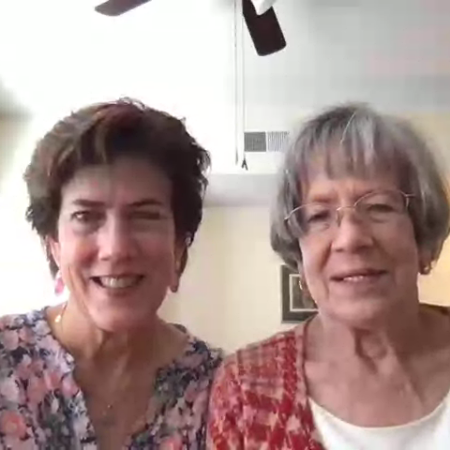
Karen Blizzard (60) interviews her aunt Polly Prickett (85) about her life and family in, and around, Birmingham and Sylacauga, Alabama.
John Haynes, Program Manager of Health and Air Quality applications in the Applied Sciences Program at NASA headquarters, talks about catching the “weather bug” at a young age. In first grade, he told his teacher that he wanted to be...
Craig Kundrot had a hard time narrowing down what type of science he wanted to specialize in, but that ended up being a strength when he became the Division Director for Biological and Physical Sciences at NASA. We talked to...
Marcia Rieke has had to take a break from her job as a professor of astronomy at the University of Arizona recently because she is currently the principal investigator of the Near Infrared Camera being launched on the James Webb...
As the Deputy Director of Planetary Science at NASA, Eric Ianson has his hands full overseeing all of NASA’s planetary science missions. We talked to Eric about learning to navigate press conferences, the gratification of launch day, and maintaining focus...
Dr. Dan Whitt studies currents and the circulation of nutrients in ocean ecosystems. Dan describes his Ph.D. research on internal waves ‒ oscillations found where the ocean is stratified by density ‒ and compares this effect to an expertly-poured Arnold...
Ed Weiler only answered to one person when he was the Associate Administrator for Science at NASA Headquarters- the President of the United States. And after decades long career in astronomy, working on everything from the Hubble Telescope to the...
Dante Lauretta, Regents’ Professor of Planetary Science and the principal investigator for NASA’s OSIRIS-REx asteroid sample return mission, has been working on bringing back samples from Asteroid Bennu since 2004- and he still has two more years before he might...
As a Program Manager for NASA Headquarters Earth Science Division, Barry Lefer helps fund important global research and field campaigns that are measuring air quality and greenhouse gases. And judging by these studies, Barry thinks the future is looking good!...
Doug Archer has a rock collection, only he’s never actually held any of the stones, and they are hundreds of millions of miles away on Mars. As a research scientist working with the Curiosity Mars rover in NASA’s Johnson Space...
On the football field, Bob Swap learned to read the field, look at the play, assess the information, and move forward. Today, those same skills help him manage over 250 scientists at the Goddard Space Flight Center with NASA’s Pandora...
Dr. Egle Cekanaviciute is a Principal Investigator and Research Scientist in the Radiation Biophysics Laboratory at the NASA Ames Research Center. She is also one of the Course Directors for STAR (Spaceflight Technologies, Application and Research), an intensive training course...
Dr. Matthew Johnson's research is in atmospheric chemistry, a branch of atmospheric science, which looks at the composition and chemistry of Earth's atmosphere, such as aerosols and trace gas emissions, and how particles may impact human health. Dr. Johnson's research...
Julia DeMarines is a graduate student at the University of California at Berkeley in the Earth and Planetary Science department, an educator at the Mentoring Academy, a National Geographic Explorer, and a science communicator who runs a space comedy event...
How can scientists tell the story of science so that the public listens and understands? Dwayne Brown is the Senior Communication Officer for the Science Directorate at NASA and works with hundreds of scientists to communicate their ideas on television,...

Ozzie talks about his space travel dreams, becoming interested in space, and his love of his ham radio.

Weena (34) interviews her grandparents, Margaret (85) and John (88), about how they grew up and how they met at NASA.

!["As soon as it [snow] lands, it starts to metamorphosize" an interview with Gail Skofronick - Jackson](https://archive.storycorps.org/uploads/2019/01/181210_Jackson-1-450x450.jpg)

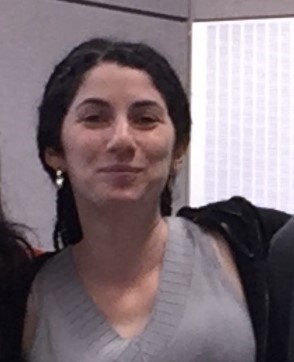
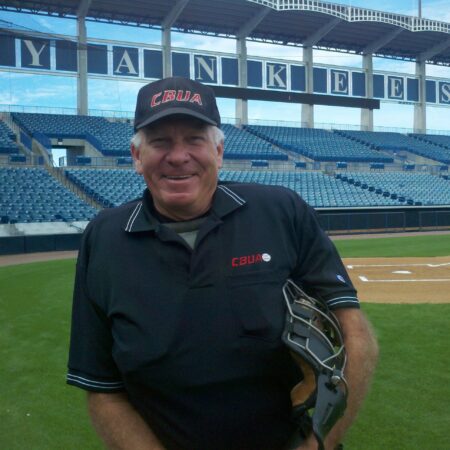
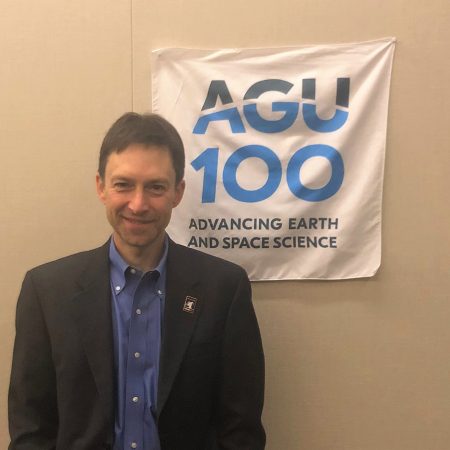

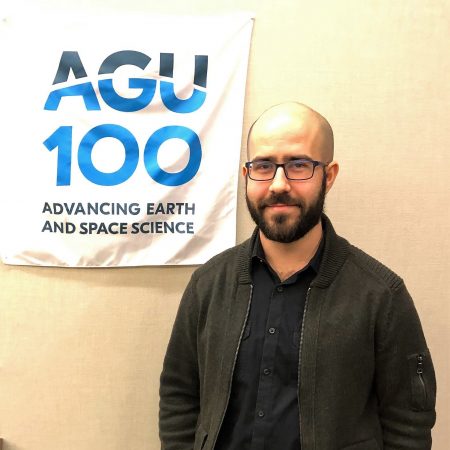
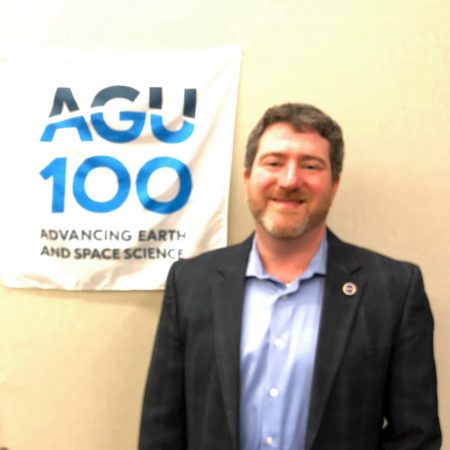
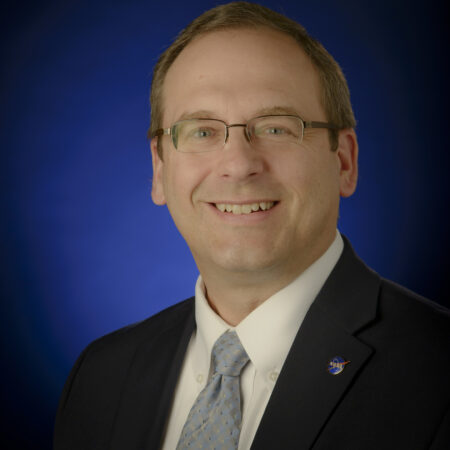
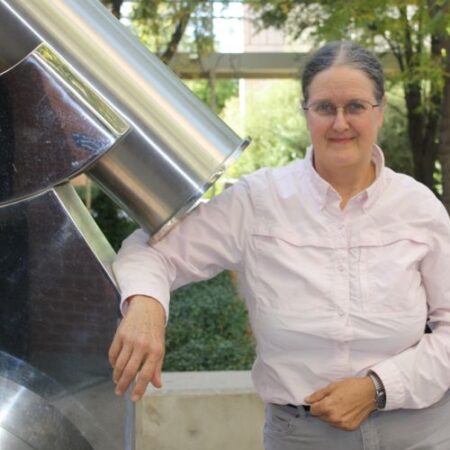
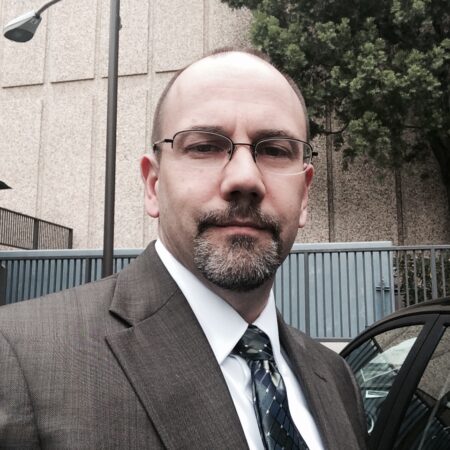
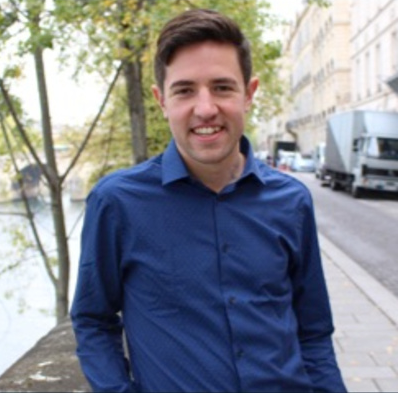
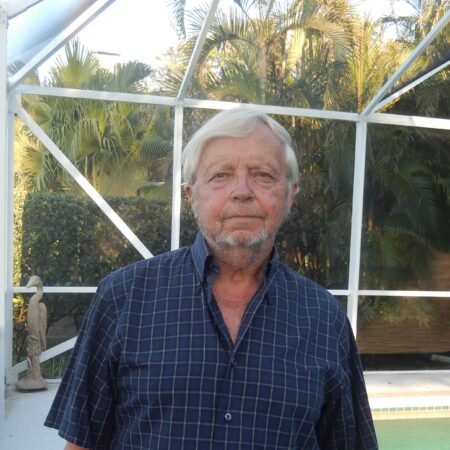
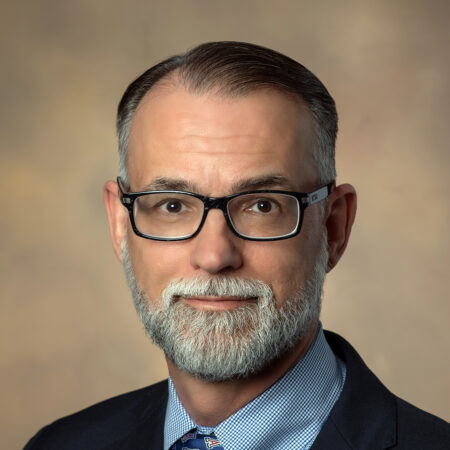
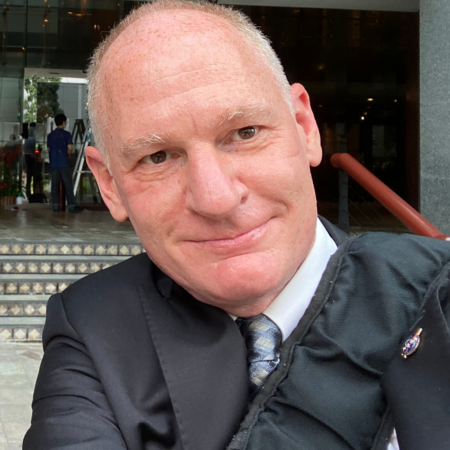
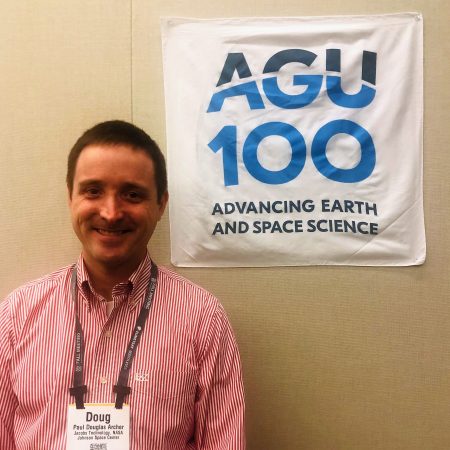
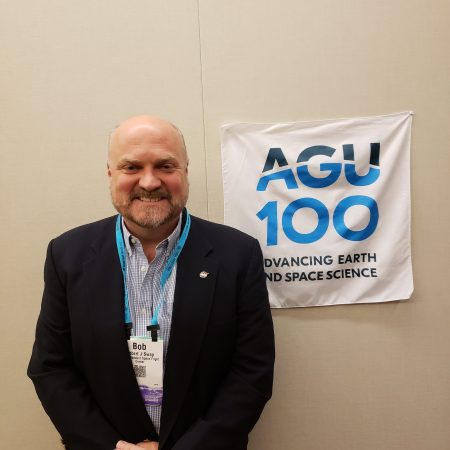
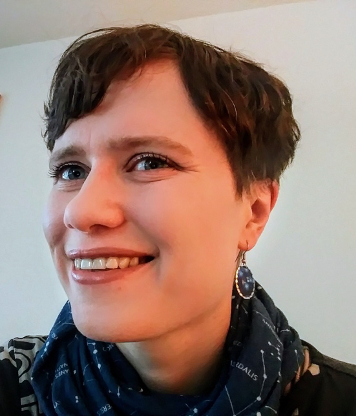
!["If you really enjoy it [science], all the work will be worth it." An interview with Matthew Johnson.](https://archive.storycorps.org/uploads/2021/02/6038002972612__M.Johnson_ceremony_pic_2020.11.11_submit_PROFILE-450x450.jpg)
![“I'm proud my…perseverance of curiosity has gotten me to be [with] people who talk about life in the universe.” Interview w/ Julia DeMarines](https://archive.storycorps.org/uploads/2023/12/65835f3c1a41a__DeMarines_headshot-450x450.jpg)
